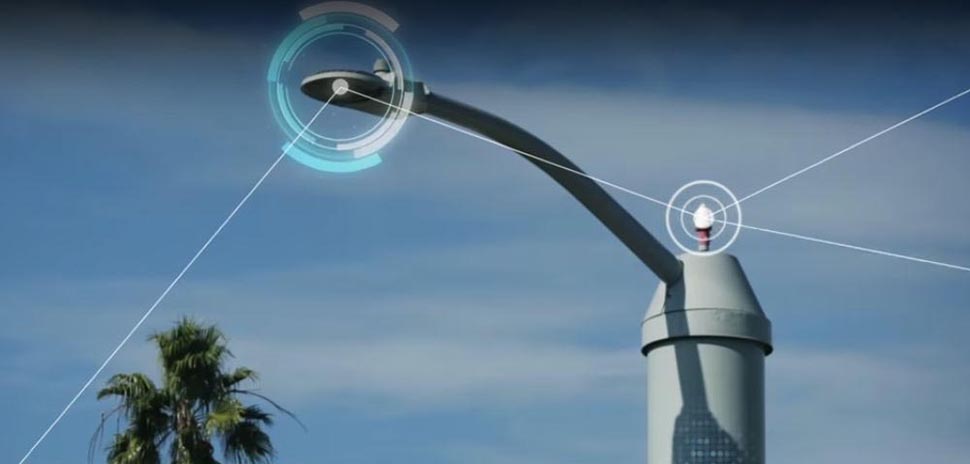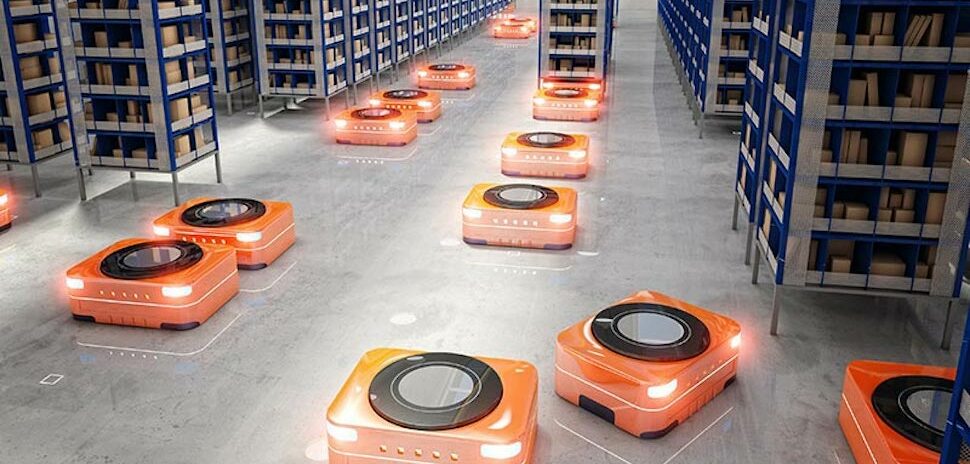![]() The “smart city” tag has become a status symbol of the 2010s, for places that announce their intentions to install sensors, to collect data, and to connect commonplace devices (from doorbells to light posts) to the internet. The purpose of all this is to improve the quality of life, using data and technology.
The “smart city” tag has become a status symbol of the 2010s, for places that announce their intentions to install sensors, to collect data, and to connect commonplace devices (from doorbells to light posts) to the internet. The purpose of all this is to improve the quality of life, using data and technology.
In the past 12 months, nearly a thousand newspaper articles have been dedicated to smart-city initiatives from Kansas City to Kuala Lumpur. The United States Conference of Mayors recently released results from a survey showing that nearly 800 smart city projects are either underway, or slated to be implemented through this year.
Yet experts say no grassroots efforts have occurred to scale the smart cities concept. Until now.
The Smart Texas Revolution at Earth Day Texas, set for April 20-21 at Fair Park, will feature speakers from cities across the Lone Star State — including Austin, Dallas, Houston, and San Antonio — and from across the country in an effort to create a statewide strategy for incorporating microchips and internet connectivity into myriad objects that make Texas cities go. (The Earth Day Texas event, to which the general public is invited, is scheduled for April 21-23.)
The closest thing to what Texas is attempting is happening in Illinois, where the state government is incorporating big data analytics, telemedicine, and secure, webcast judicial proceedings (called “TeleJustice”), and other initiatives into its operations. The idea is that the state’s adoption of smart city tech and methods will inspire Illinois cities to do the same.
“Having a group of cities coming together … that’s what’s unique,” said Michael Zeto, general manager and executive director of Dallas-based AT&T’s smart cities business unit. Zeto is on the advisory board helping guide the State of Illinois’ initiative. “The smart-state concept hasn’t been adopted yet in the U.S., but you’re starting to see that thought process more.”
Dallas Innovation Alliance Executive Director Jennifer Sanders said her organization conceived the smart state initiative to encourage cities to share best practices of deploying tech, and to leverage technical information and data-collection practices among communities to most effectively improve the quality of lives for people.
“The goal is to educate, enable, and activate cities of all sizes across Texas on how to structure and execute a smart cities plan,” Sanders said in a prepared statement.
Sanders added that public and private sector experts at the two-day meeting will discuss data security, and the best methods for integrating smart city technologies to improve public utilities such as water and energy, and public safety.
Key in the process will be engaging cities and individuals in the possibilities that smart-city technologies present, Sanders said. Along those lines, a public Smart Texas Revolution installation at Earth Day Texas will include a series of hubs that will demonstrate a “Day in the Life” of a smart city, from dawn to dusk.
At sunrise and as the day progresses, smart city tech can prevent traffic jams and car crashes, detect leaks in city water systems, monitor air pollution, and as day enters night, can help solve crimes, and detect and disperse unruly crowds.
Behind many of these innovations is the collection of data measures what’s important (vital signs of those receiving health care, moisture levels in soil, traffic counts on highways, particulate matter in the air, etc.), to improve how things are done.
Zeto said technological and collaborative breakthroughs will make expanding the reach of smart city tech more feasible.
One such collaboration that Zeto cited involves post-mounted high-efficiency lights, sensors and cameras that will be able to perform a variety of tasks, from gunshot detection, to monitoring air quality, to even identify open parking spots.
Zeto said these light/sensor clusters — he referred to each node as an “Internet of Things platform”— could be deployed on a large scale to create a statewide smart grid, if cities engaged with utilities, regional metro planning authorities, and state officials to create a network.
(AT&T announced the launch of a similar technology, involving the cities of San Diego and Atlanta, on Feb. 27.)
Locally, AT&T is one of a group of companies helping to build a smart cities framework in Dallas’ Historic West End neighborhood. AT&T has named several spotlight universities and cities in the United States — including Dallas — for using node technology along those lines to improve transportation, lighting, internet access, and safety in several U.S. communities.
Zeto said the Texas Smart Revolution event at Fair Park is important because it will gather the state’s major population centers into a single place, where, among other topics, they can to discuss leveraging their buying power for smart city technology, and ways to generate the cash needed, through selling bonds, establishing public-private partnerships, and even state and vendor funding.
He added that support from local citizenry and involvement from state leaders will be crucial as well.
Speakers slated so far, for the Texas Smart Revolution event include:
• David Graham, COO, City of San Diego
• Bill Fulton, director, Kinder Institute for Urban Research, Rice University
• Jad Daley, director, Climate Conservation Program, Trust for Public Land
• Amy Aussieker, executive director, Envision Charlotte and Envision America
• Richard Sear, partner and SVP – Visionary Innovation & Smart Cities, Frost & Sullivan
• Jose de la Cruz, chief innovation officer, City of San Antonio
• William Finch, chief information officer, City of Dallas
• Theresa O’Donnell, chief resiliency officer, City of Dallas
• Thomas Bamonte, program manager, Automated Vehicles, North Central Texas Council of Governments
• Gilbert Salazar, manager – streetlights, Oncor Electric Delivery
• Kathleen Baireuther, manager – mobility transformation, Rocky Mountain Institute
• Christof Spieler, board member, METRO; vice president and director of planning, Morris
• Bart Bohn, director of Water, IT & Wireless Portfolio, Austin Technology Incubator (ATI)
• Jay Boisseau, president and founder, Austin CityUP
Event organizers are inviting city representatives, information technology and data specialists, individuals from regional and state planning/infrastructure agencies, members of civic organizations, corporate representatives, and citizens interested in the smart cities movement.
To register, click here.
Delivering what’s new and next in Dallas-Fort Worth innovation, every day. Get the Dallas Innovates e-newsletter.






![TI's new radar sensor gives automotive engineers more tools that can fuel vehicle innovation. [Source image: Texas Instruments]](https://s24806.pcdn.co/wp-content/uploads/2022/01/TI-radar-sensor_courtesy-970x464.jpg)























